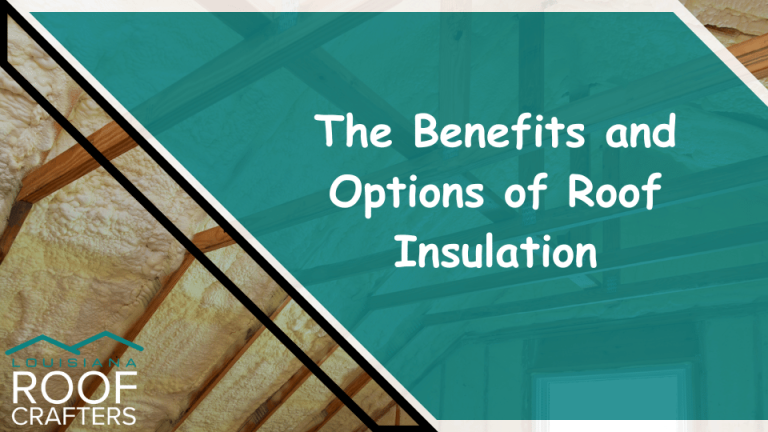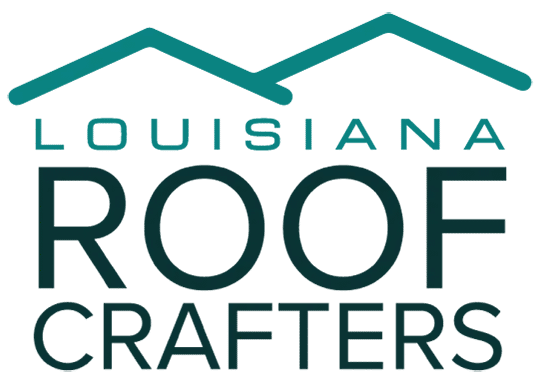The Benefits and Options of Roof Insulation from Louisiana Roof Crafters. Roof insulation is a vital component of any home, contributing to energy efficiency, comfort, and cost savings. Adequate insulation helps regulate indoor temperatures, reducing the need for excessive heating or cooling. In this comprehensive guide, we’ll explore the benefits of roof insulation and various insulation options available to homeowners.

Benefits of Roof Insulation
Energy Efficiency: Roof insulation acts as a barrier that prevents heat transfer between the interior and exterior of your home. During hot summer months, it keeps your home cooler by blocking the entry of outdoor heat. In winter, it helps retain indoor heat, reducing the need for heating systems to work continuously. This results in lower energy consumption and reduced utility bills.
Comfort: Insulated roofs contribute to a more comfortable living environment. They help maintain consistent indoor temperatures, reducing temperature fluctuations and drafts. This ensures that your home stays cozy in winter and pleasantly cool in summer.
Cost Savings: Reduced energy consumption translates into cost savings over time. With proper roof insulation, homeowners can significantly lower their heating and cooling expenses, making it an excellent long-term investment.
Environmental Benefits: Lower energy consumption not only saves money but also reduces your carbon footprint. Using less energy for heating and cooling reduces greenhouse gas emissions and helps combat climate change.
Noise Reduction: Roof insulation can also provide acoustic benefits by reducing external noise penetration. This is particularly beneficial if your home is located in a noisy area or near busy streets.
Roof Insulation Options
Fiberglass Insulation: Fiberglass insulation is one of the most common types of insulation used in residential roofing. It consists of tiny glass fibers and is available in batts, rolls, or loose-fill forms. It’s known for its cost-effectiveness and relatively easy installation. Fiberglass insulation has good thermal resistance (R-value) and is fire-resistant. However, it can be itchy and requires proper handling and protective gear during installation.
Cellulose Insulation: Cellulose insulation is made from recycled paper products, treated with fire retardants, and blown into the attic space. It is an eco-friendly option with good thermal performance. Cellulose insulation is effective at reducing heat transfer and is less itchy than fiberglass. However, it can settle over time, so periodic inspection and topping up may be required.
Spray Foam Insulation: Spray foam insulation is a versatile option that provides excellent thermal resistance. It can be applied as an expanding foam that adheres to the roof deck, sealing gaps and preventing air leakage effectively. There are two main types of spray foam insulation: open-cell and closed-cell. Closed-cell foam has a higher R-value but is more expensive. Spray foam insulation provides an airtight seal, making it highly efficient. However, professional installation is necessary.
Reflective or Radiant Barrier Insulation: Reflective insulation, also known as radiant barrier insulation, is typically installed under the roof deck or in the attic. It reflects radiant heat away from your home, reducing heat gain during hot weather. Reflective barriers consist of a layer of reflective material, such as aluminum foil, and may have an air gap for added effectiveness. They are most beneficial in hot climates.
Rigid Board Insulation: Rigid board insulation, often made from materials like extruded polystyrene (XPS) or polyisocyanurate (ISO), provides high thermal resistance and is suitable for use in flat or low-slope roofs. It is lightweight and easy to install, providing a continuous insulation layer with no gaps. Rigid board insulation is also resistant to moisture and can add structural strength to the roof.
Natural Fiber Insulation: Natural fiber insulation, made from materials like wool, cotton, or hemp, is an eco-friendly option. It offers good thermal resistance and is free from harmful chemicals or irritants. Natural fiber insulation is safe to handle and can be a comfortable choice for homeowners. However, it may be less readily available and more expensive than other insulation types.
Factors to Consider When Choosing Roof Insulation
Climate: The climate in your region plays a significant role in determining the most suitable insulation type. Hot climates benefit from reflective or radiant barrier insulation, while cold climates may require higher R-value insulation materials.
Roof Design: The design of your roof, whether it’s pitched, flat, or low-slope, can influence the type of insulation that can be used effectively. Consult with a roofing professional to determine the best option for your roof design.
Budget: Consider your budget when choosing insulation. While some materials may have a higher upfront cost, they can result in long-term savings through reduced energy bills. Evaluate the return on investment for different insulation options.
Installation: Some insulation materials, such as spray foam, require professional installation due to their specific application methods. Ensure that you factor in installation costs and hire qualified contractors when necessary.
Moisture Resistance: If your roof is prone to moisture issues, select an insulation material with good moisture resistance properties to prevent mold and rot.
Fire Resistance: Check the fire resistance rating of the insulation material, especially if you live in an area prone to wildfires or if local building codes require specific fire-resistant properties.
Building Codes and Regulations: Familiarize yourself with local building codes and regulations regarding insulation requirements for roofs. Compliance with these codes is essential to ensure the safety and legality of your roofing project.
Long-Term Goals: Consider your long-term goals for your home. If you plan to stay in your home for many years, investing in high-quality insulation with a higher R-value can provide significant long-term benefits.
Conclusion
Roof insulation is a fundamental component of a comfortable, energy-efficient home. It offers numerous benefits, including energy savings, increased comfort, and reduced environmental impact. When selecting roof insulation, consider factors such as climate, roof design, budget, and local regulations. Consult with roofing professionals to determine the most suitable insulation type for your specific needs, ensuring that your home remains comfortable and cost-effective for years to come.
Call Louisiana Roof Crafters at 225-238-6396 for more information. We service areas in Baton Rouge, Lafayette, Hammond, Covington, Mandeville, Slidell, and New Orleans, LA.




